|
Indigenous Performing Arts Alliance (IPAA) is hosting a free online event. Join facilitator Avril Helbig for Grant Writing Workshop 101: A Path to Funding Success on Tuesday, April 9th, at 6 PM EDT. Information and registration at Grant Writing 101 Tickets, Tu, Apr 9, 2024 at 6:00 PM | Eventbrite.
Explore becoming a member of IPAA. As a member, you'll gain access to exclusive benefits, workshops, and resources. Visit the website at https://ipaa.ca/become-a-member/ to learn more and sign up.
0 Comments
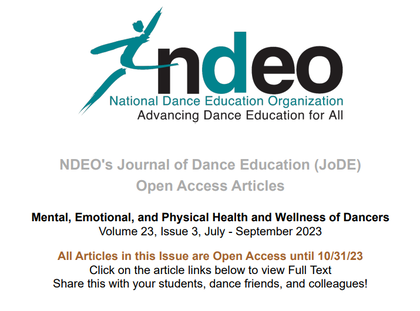 The Journal of Dance Education: Vol 23, No 3 (Current issue) (tandfonline.com), Special Issue on the Mental, Emotional and Physical Health and Wellness of Dancers is open-access until the end of October. No miss these articles on dancer wellness, including HDC past-president and founding member Andrea Downie's Equity-Informed Dancer Wellness. 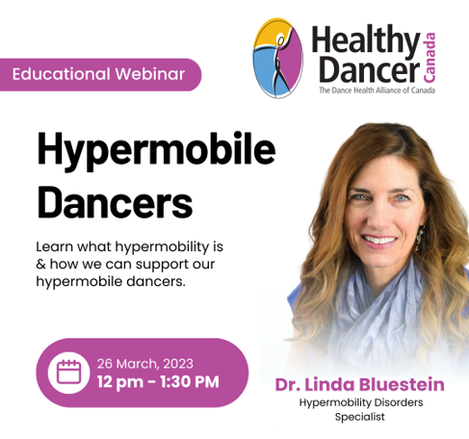 HYPERMOBILE DANCERS WEBINAR: While an asset in many dance forms, hypermobility can also present dancers with distinct physical and psychological challenges. Based on the most current research, this workshop will provide information about the signs, symptoms, and evaluation of hypermobility. Participants will also learn to address the special needs of hypermobile dancers, providing the necessary support, management, and training to help them avoid injuries and achieve their maximum potential. Join for the first quarterly webinar of 2023, on March 26, with Linda Bluestein, MD. Dr. Bluestein is an international speaker on the forefront of research on pain, hypermobility and dance medicine. An integrative medicine physician with certification in Performing Arts Medicine, she takes a unique approach to the evaluation and treatment of this highly specialized population. Dr. Bluestein received her Doctor of Medicine from the University of California, Los Angeles School of Medicine followed by the completion of an anesthesiology residency at the Mayo Graduate School of Medicine. She is board-certified by the American Board of Anesthesiology. Note: This webinar is listed in Eastern Time. The zoom meeting will also be recorded for registrants that are unable to attend live. National Dance Education Organization (NDEO) has made HDC founding member and Past President Andrea Downie's article Equity-Informed Dancer Wellness open-access for the months of August and September. Read the article at Journal of Dance Education: Full article: Equity-Informed Dancer Wellness (tandfonline.com).
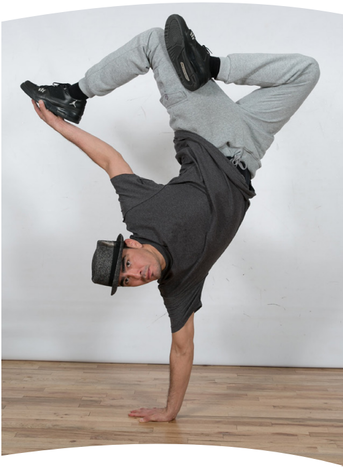 Photo by Jake Pett Photo by Jake Pett Motor Development and the Young Dancer (by HDC members Dr. Donna Krasnow and Dr. Virginia Wilmerding) has been made available to the public on the open resources page of the website, while their latest resource, Motor Control and Dance, has been released with early-access to our members on the members' page. Longtime HDC board member, Nicole Inica Hamilton, and HDC member Amber Downie-Back were involved in the 2022 AMANI Project. AMANI (Artist Mentorship and Networking Interplay) shares intergenerational wisdom among African Diasporic artists and educators while creating an enduring archive of their contributions to the cultural fabric of the world. Programming includes recorded interviews and panel discussions, as well as a commemorative magazine.
Healthy Dancer Canada is pleased to partner with Human Kinetics Canada for a book giveaway. The winner will be able to select any book from their dance collection page!
HOW TO ENTER: Be the first HDC member to email the Healthy Dancer Canada Newsletter with an answer to the following question: What is the mission of Healthy Dancer Canada? Email your response to [email protected]. The first person with the correct answer will win the above mentioned prize. The winner will be contacted by Human Kinetics in order to arrange receival of your prize. The winner must meet the "How to enter" guidelines above. This contest is open to contestants in Canada only. The prize will be mailed to contest winner and is transferable to another Canadian address should the winner wish to provide their win as a gift. One prize bundle per winner. Healthy Dancer Canada is pleased to announce three new workshops!
We are also pleased to share our newest resource Nutrition Tips for Dancers by Marie Scioscia, currently available to members through early-access on the members-only page. We also now have available to the public Encouraging Continued Participation in Dance at Adolescence by Siobhan Mitchell on the open dance resources page.
|
AUTHORSHDC connects dancers, dance educators, health care professionals and researchers across the world via our News blog and Members' Newsletter. Share our news and newsletters in your studio, school or clinic! Categories
All
Archives
July 2024
|
|
|
Proudly powered by Weebly
Site illustrated by Lisa Dickson
© Healthy Dancer Canada - The Dance Health Alliance of Canada, 2024 |

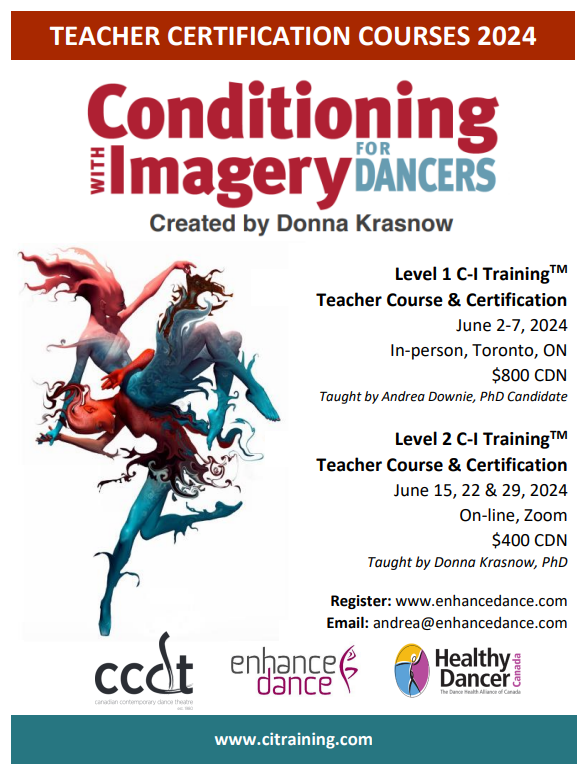
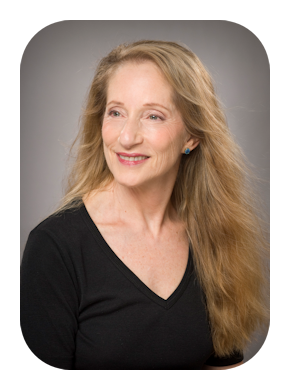
 RSS Feed
RSS Feed